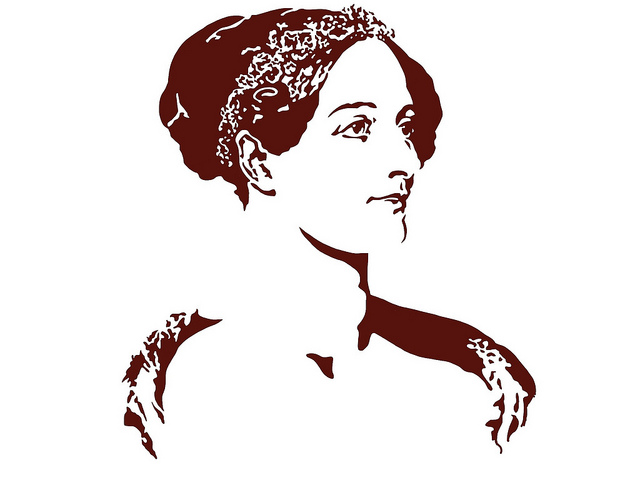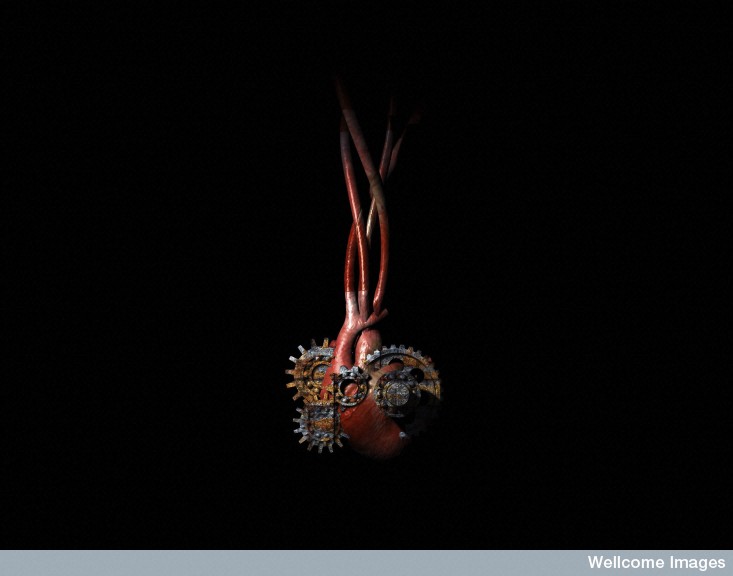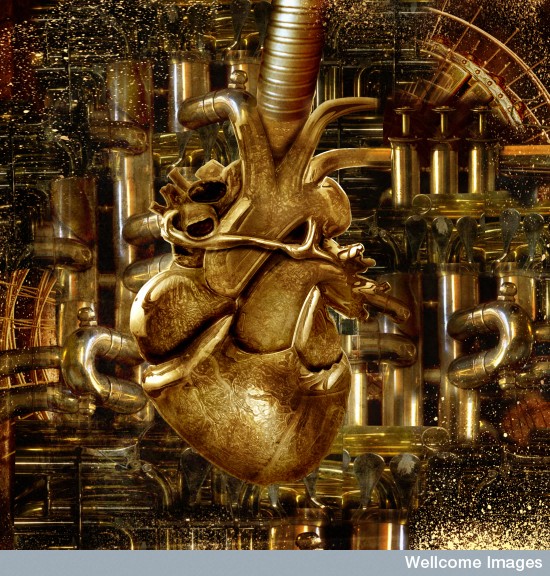 I’m not, in general, huge on holidays. I often wish that those of us in the U.S. would observe the weeks between Halloween and Martin Luther King, Jr., Day with a nice long nationwide nap. But I feel differently about Ada Lovelace Day, founded by British digital-rights activist Suw Charman-Anderson in 2009. Now, every year in mid-October, the world has a chance to recognize Lady Ada, the woman some call the first computer programmer.
I’m not, in general, huge on holidays. I often wish that those of us in the U.S. would observe the weeks between Halloween and Martin Luther King, Jr., Day with a nice long nationwide nap. But I feel differently about Ada Lovelace Day, founded by British digital-rights activist Suw Charman-Anderson in 2009. Now, every year in mid-October, the world has a chance to recognize Lady Ada, the woman some call the first computer programmer.
This year, Ada Lovelace Day arrives with a fine new Lovelace biography, Ada’s Algorithm: How Lord Byron’s Daughter Ada Lovelace Launched the Digital Age. The last major standalone biography of Lovelace was published in the late 1990s, and a lot has happened since then: a new set of letters between Lovelace and her collaborator Charles Babbage was discovered in 2000, and we’ve all clicked and poked and LOLed our way through another decade of the digital age. Ada’s Algorithm argues that Lovelace was one of the first—if not the first—to foresee just how deeply computing would affect our lives. Continue reading





